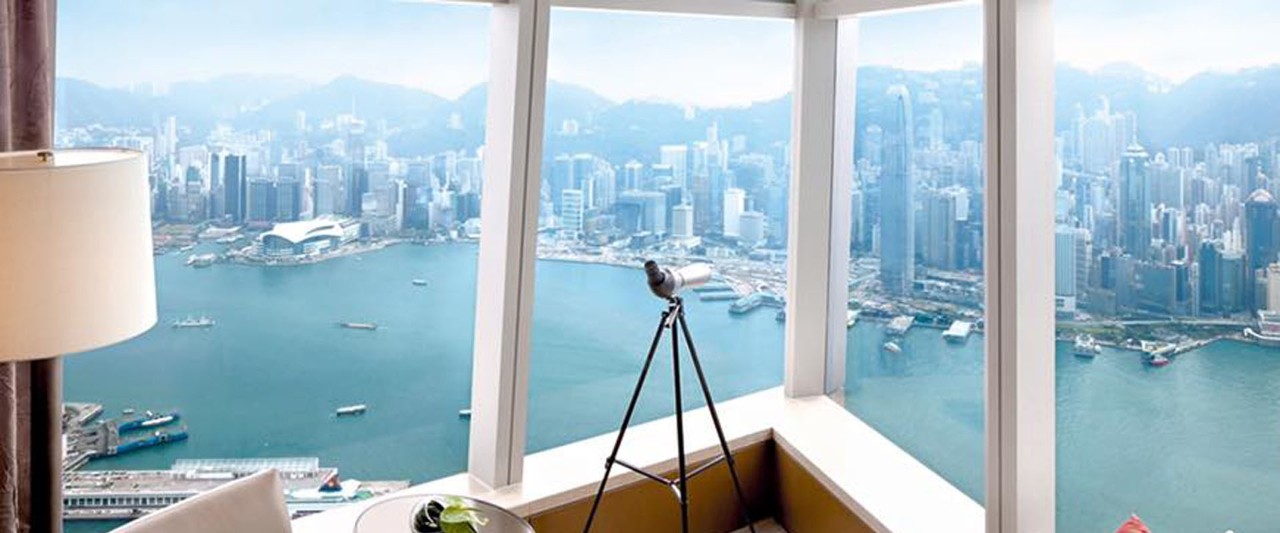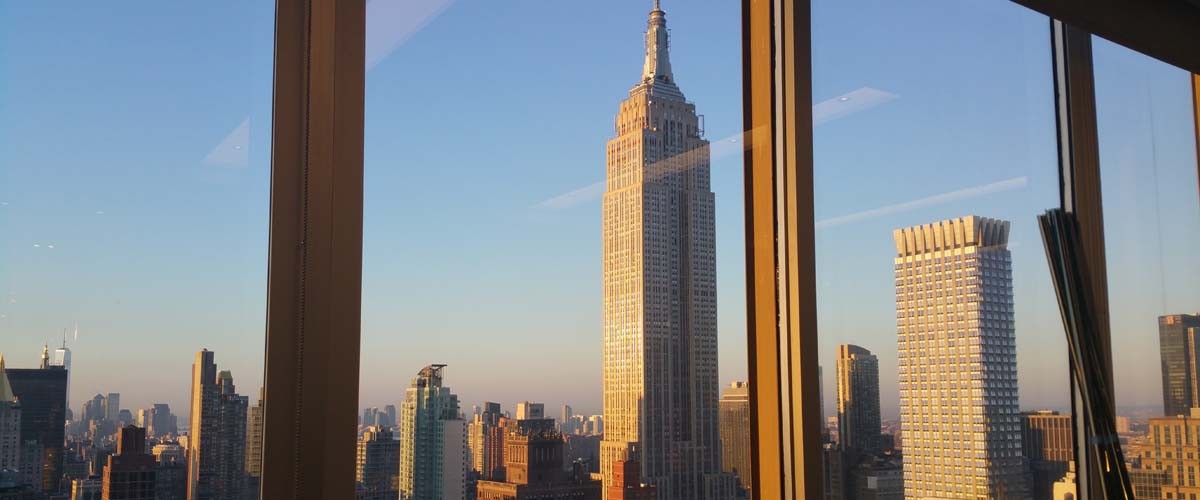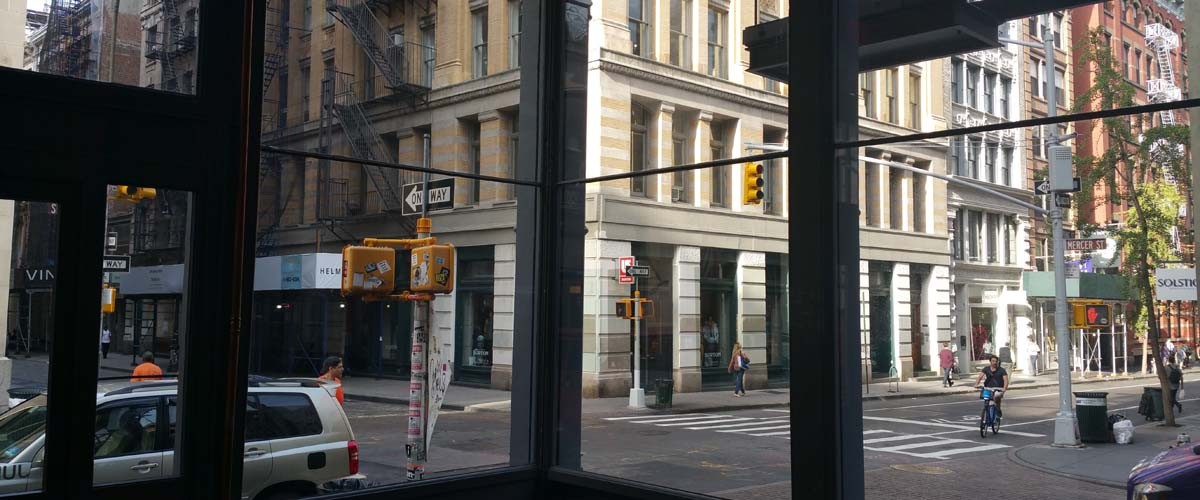Window Film and Tinting in New Jersey
 Huper Optik™ Window Film
Huper Optik™ Window Film
Heat Resistance and Energy Savings Without Losing Your View
If you're dealing with excessive heat, sunlight fading your furniture, or a lack of privacy, window film might be the solution you need. Window film effectively regulates the temperature in your space while providing insulation, which boosts energy efficiency and overall comfort. As a bonus, this can lead to lower utility bills since you'll rely less on energy to keep your environment pleasant. Additionally, window film protects you and your furnishings from harsh sunlight and glare, saving you money in the long run. Choosing to install window film is a savvy way to enhance the energy efficiency of your home. For top-notch heat-resistant window film in NJ, look no further than Window Treats Inc.
What Is Home Window Tinting?
Window tinting is a thin film applied to existing windows. This can be a low-cost alternative to installing energy-efficient windows, depending on what you're looking for. Window tinting is known to add privacy and ambiance. Today's window tint is not like the tint of the old days, so you won't see bubbling or peeling on the windows, similar to what you were used to seeing on cars in the 80s.
Types of Home Window Tinting
There are various materials used in the construction of window tint, and the intended purpose plays a significant role in selecting those materials. While tint's primary function is not insulation, it can still help improve retention of warmth in cold weather. Interestingly, window film and tinting are generally more effective at saving you money during the summer months rather than the winter. This is because the tint blocks both infrared and UV rays.
Window tint comes in a range of shades, from very dark to nearly transparent. Some types of window tint focus purely on aesthetics, aiming to boost curb appeal. Additionally, there are mirrored tints designed for privacy, as well as tints that help reduce glare from computers and home entertainment systems. Moreover, security tints, often applied to the interior of windows, offer an extra layer of protection by preventing outsiders from seeing in, much like mirrored tinting.
Why Tint Your Home Windows?
These are numerous benefits of home window tint, giving you plenty of reasons why you should consider tinting your home windows.
Tinting your windows helps make your home energy efficient and saves you money in both warm and cold weather. Tinting helps provide comfort within your home by helping to create even temperatures near the windows. It also provides protection for your furniture and carpets from fading due to exposure to the sun. In addition, they provide skin protection by blocking UVA and UVB, which is the equivalent of a sunscreen with SPF of up to 1,000 depending on the percent of tint.
Tinting your windows provides daytime privacy, not only through the tint itself, but also through one-way mirroring. In addition, the film is able to hold shards together when glass is broken. This helps to avoid any injuries from broken glass fragments. The film also provides noise reduction from outside noise.
Why Not Tint Your Home Windows?
Believe it or not, there can be some drawbacks to having window tint in your home. First off, adding a window tint might void warranties from some window manufacturers. While most film manufacturers will honor their own warranties, it’s still something to keep in mind. Additionally, installing window tint can be tricky on certain frames, latches, and lights, especially if your windows are quite old. If the tint isn’t applied correctly or isn’t handled by a professional, it can end up looking unappealing. Using the wrong type of tint can also hinder passive solar heat in colder climates. Opting for a darker shade might limit your view outside as well. That’s why it’s essential to work with professionals for your heat-resistant window film in New Jersey and the surrounding areas.
What Should I Know About Home Window Tint?
When you have old, weak, or inefficient windows, it is time to switch out your windows. However, you may not be able to fit new windows into your budget, or there could be other reasons why new windows aren't an option. The good news is that tinting your home windows with an aftermarket window film is an affordable and easy way to improve your home's energy efficiency, safety, and curb appeal without replacing the windows themselves.
Many residential window films are made from a lightweight, self-adhesive polyester covering made of Polyethylene terephthalate. It is essential to remember that not all window films are created equal. However, there are some things to keep in mind before you decide to install window tint.
 Window Tinting
Window Tinting
 Window Tinting
Window Tinting
Different Window Film Provides Various Benefits
It's helpful to understand the qualities of the three main types of window film. Each of the types is installed on home windows for a different reason:
Solar window film is recommended if you want to improve your energy efficiency. Suppose your main reason for tinting home or commercial windows is related to improving efficiency. In that case, you should select a solar film, especially if you pair it with energy-efficient shades such as honeycomb. It is thicker than decorative film but thinner than security film. This type of film absorbs or reflects as much as 99 percent of the UV rays from the sun. Many products will do both. In addition, this type of film regulates indoor temperature, which allows your rooms to stay cool in the summer and warm in the winter. These films also reduce glare, prevent the fading of interior furnishings, and, ultimately, increase indoor comfort and energy savings. You will find solar films in neutral tones ranging from silver to copper.
If protecting your house from storm damage or deterring burglars is your largest concern, you should choose to install a security film. Security film is the thickest of all types of film. Most security films are typically found in clear or silver. This type of film doesn't absorb or reflect much heat, making it much harder for people or intruders to see inside, protecting your privacy and assets.
Decorative film is the thinnest of all window films. Decorative window film is known to absorb or reflect minimal heat; however, its primary purposes are to beautify your home or add privacy to a room. This type of film is sold as a bold, colored, or clear film in a variety of etched striped patterns, stained glass motifs, or opaque frosted designs that keep out unwanted eyes.
Not All Films Are Compatible
As mentioned above, different types of window film absorb varying degrees of heat. Some windows are equipped to handle the film tint, but others are not. Most of the security and decorative films block minimal heat, which means they don't place much thermal stress on the windows. If your window manufacturer doesn't want you to add these types of films, you can still apply some of the three common types of films. The three common window glass include annealed, which is basic flat glass. The next one is heat-treated glass, which is annealed glass exposed to high temperatures. The third is insulating, which has two layers of glass with air or gas between them.
There are some situations when you should avoid a solar film. These situations are because the solar film has a higher rate of heat absorption which increases the thermal stress on the glass. When thermal stress increases, the glass in windows cracks.
If you have clear annealed glass thicker than ⅜-inch or one that has a heat absorption rate of more than 50 percent, you shouldn't use solar film. If you have tinted annealed glass over ¼-thick, you should also avoid a solar film. If you have insulated glass that is over ten years old or has had seal failures, you should not consider the solar film. If you have any doubt if you can use solar film, you should consult with your local window manufacturer to verify compatibility.
Windows Without Coatings Benefit Most
When you have old windows, they may not have low-emissivity (low-E) coatings. These coatings are typically a thin layer of metal oxide on the glass. This coating is intended to block out the heat. Windows that don't have this coating are most likely to receive the most energy savings from adding tinting. New windows have a low-E coating which gives homes extra energy efficiency.
Tinted Houses Save Money
Aftermarket window film is an affordable option. In addition, it is possible to install this film yourself. This means that it is much more affordable to purchase film for your window instead of purchasing a new window.
 Elliot Laniado - Owner
Elliot Laniado - Owner




